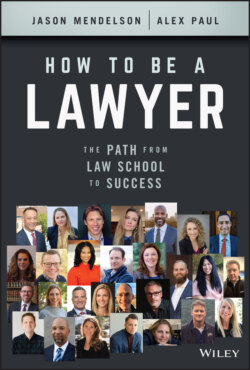Читать книгу How to Be a Lawyer - Jason Mendelson - Страница 40
Principle 2: Slow Down
ОглавлениеRarely is speedy decision-making required. Quick thinking, on the other hand, is a regular occurrence, especially for litigators. But even litigators have time to organize relevant facts, step into another's shoes, effectively analyze the situation, and reach a thoughtful decision. More formally, this is called the duty of care, and it's vital to being a fiduciary.
In today's constant communication world, texts, emails, Slacks, and Voxes encourage speed, which tends to reduce thoughtfulness. This is especially true under pressure from clients, bosses, and yourself. The concept of failure being celebrated or encouraged by some ecosystems (like startups) is not an option as a fiduciary.
While we encourage rapid learning and measured risk taking, you don't get a free pass as a fiduciary if you are moving too fast or don't take the proper care on a matter. A corollary is to not get overcommitted. We've all done this, and it often leads to shortcuts. Don't take on a fiduciary relationship unless you can devote the necessary time to it.
Slowing down and taking time also means doing due diligence. Diligence is one of the first tasks any lawyer should do and is a valued skill no matter what your practice area may be. Suffice to say is that figuring out what you know, what you don't know, and where you need help are key aspects to understanding any decision you are going to make on behalf of someone else. Take the time to do it.
